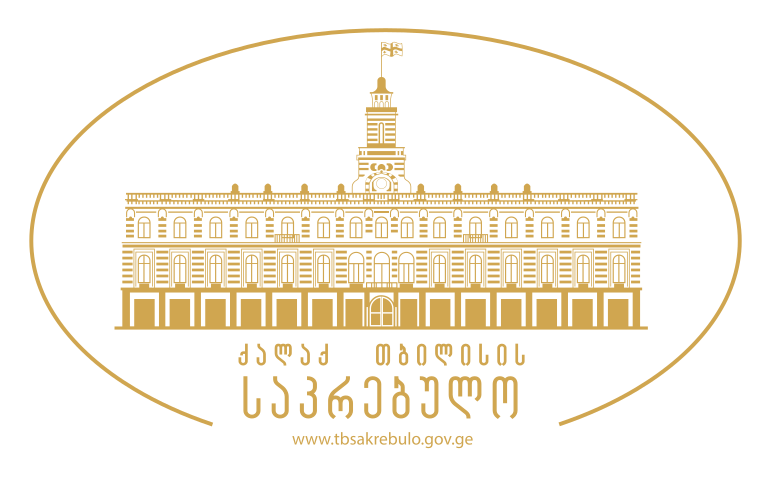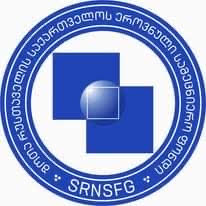051 - Comparative Literature and Oriental Literary Theory
Title:Comparative Literature and Oriental Literary Theory
Organized by: Sichuan University, Prof. Shunqing Cao
Abstract:Cross-civilization study is one of the most distinctive theoretical features of comparative literature in the era of increasing globalization. David Damrosch and Theo D’haen renewed their call for “world literature,”embracing different literary, cultural and civilization traditions, introducing more world literary classics that include Oriental literature, so as to reconstruct the history of world literature by re-examining it. However, a complete history of world literature is not isolated nor self-growing, but a dynamic development form of world literature traditions in continuous dialogues. To reconstruct the history of world literature is bound to involve a cross-civilization dialogue between Eastern and Western literary traditions and theories. Oriental literary theory is a “huge and profound” system as Ji Xianlin, a well-known master in Oriental literary theory study, said. Its internal pluralism constitutes the basis for the comparative study of different literary theory systems within the same cultural circle, not to mention the comparative study of literary theory in different cultural circles as well as the comparison and dialogue between East and West. Such theoretical complexities make Oriental literary theory an indispensable part of comparative literature and world literature study. This sub-forum will focus on the topic of “Comparative literature and Oriental literary theory,” aiming to build a bridge of effective dialogues between international comparative literature study and Oriental theory, and bring Oriental theoretical perspective to re-imagine world literature.
Keywords:Oriental literary theory, world literature, Cross-civilization study
The Project was supported by Shota Rustaveli National Science Foundation of Georgia (SRNSFG) [grant number MG-ISE-22-170]

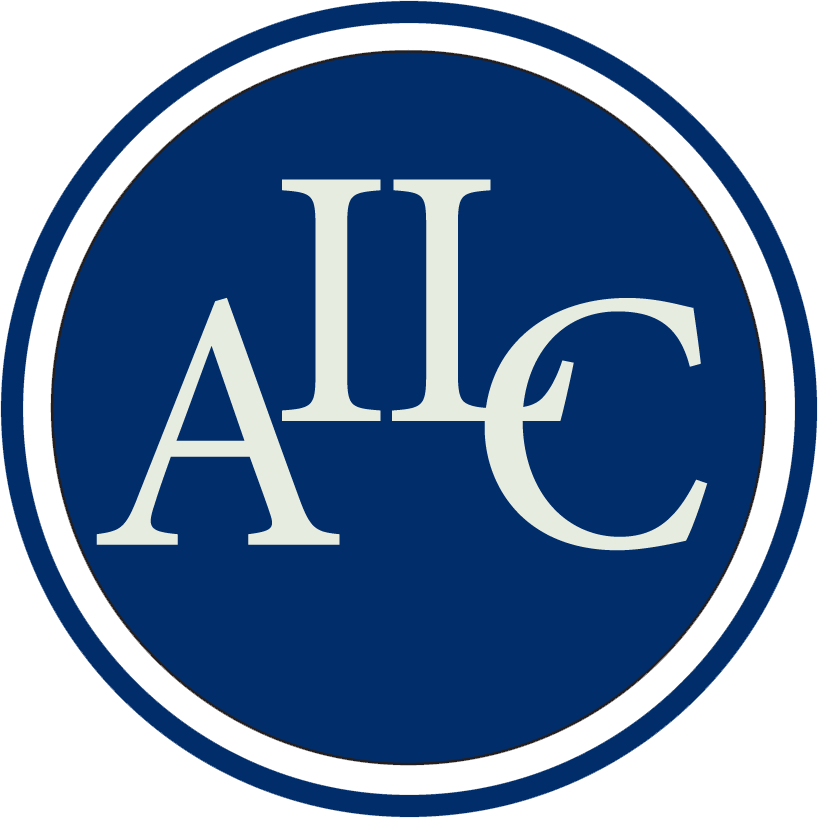
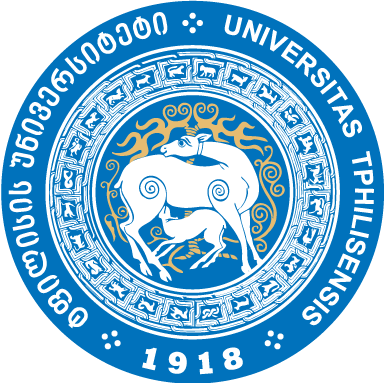

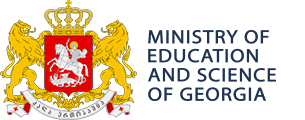
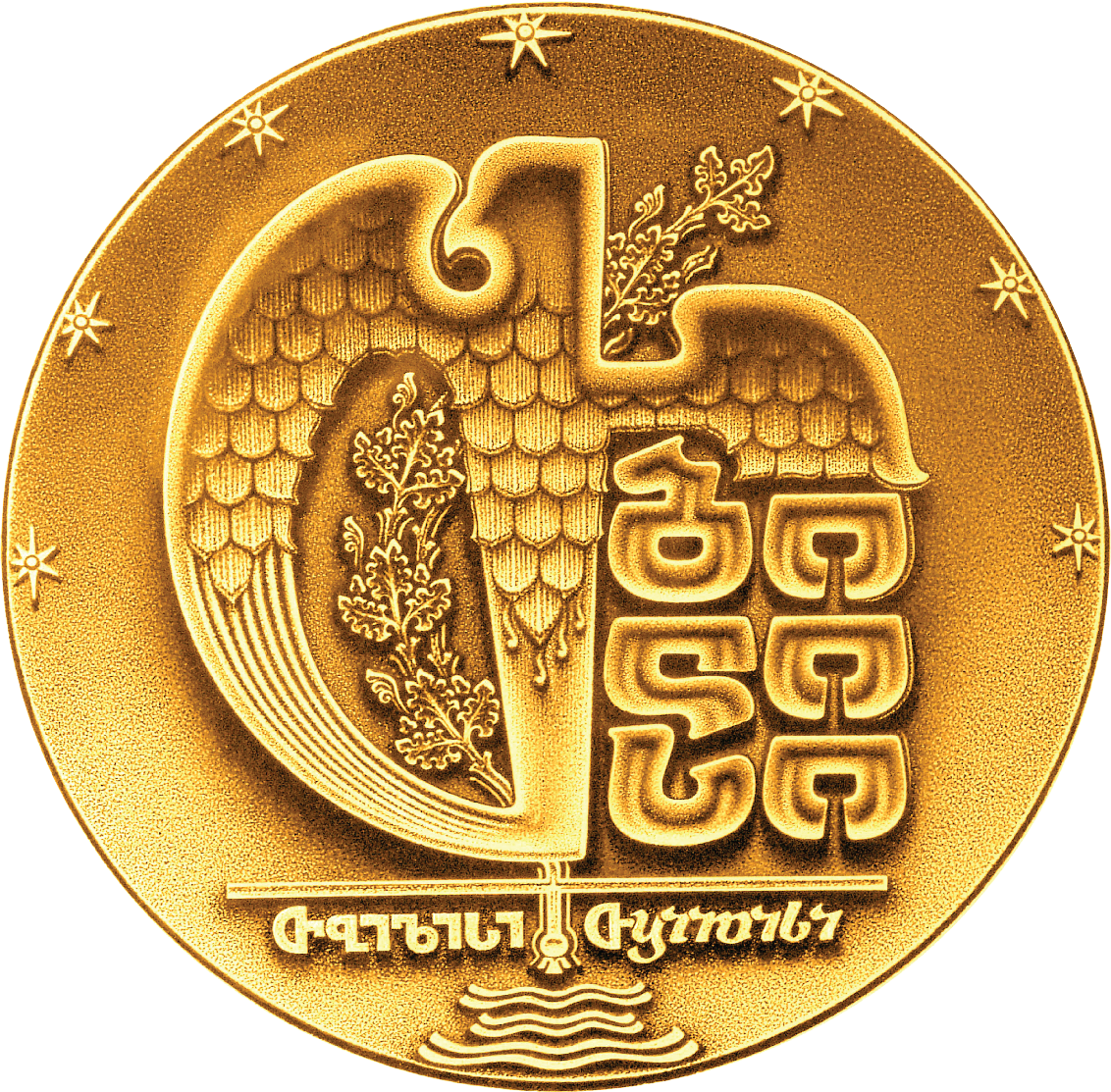

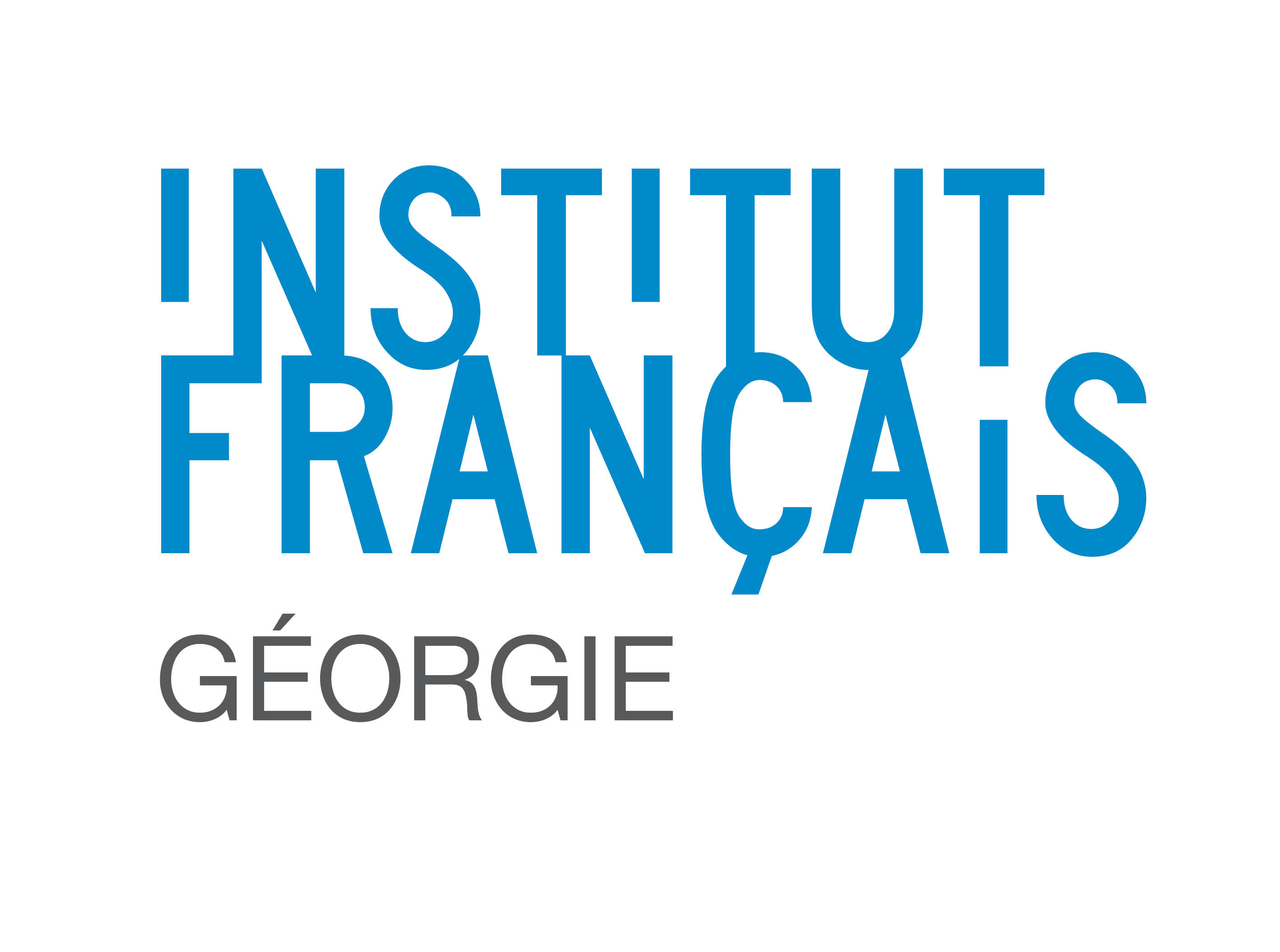


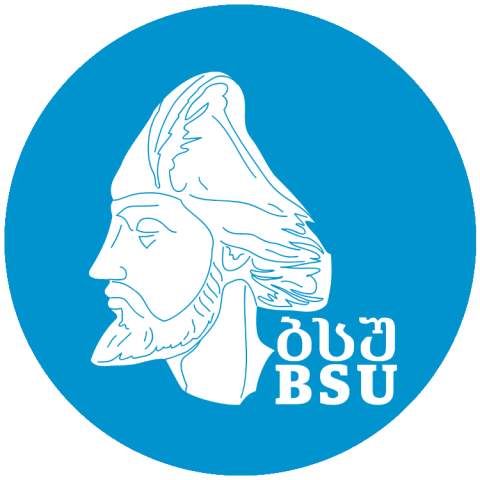

_001.png)

